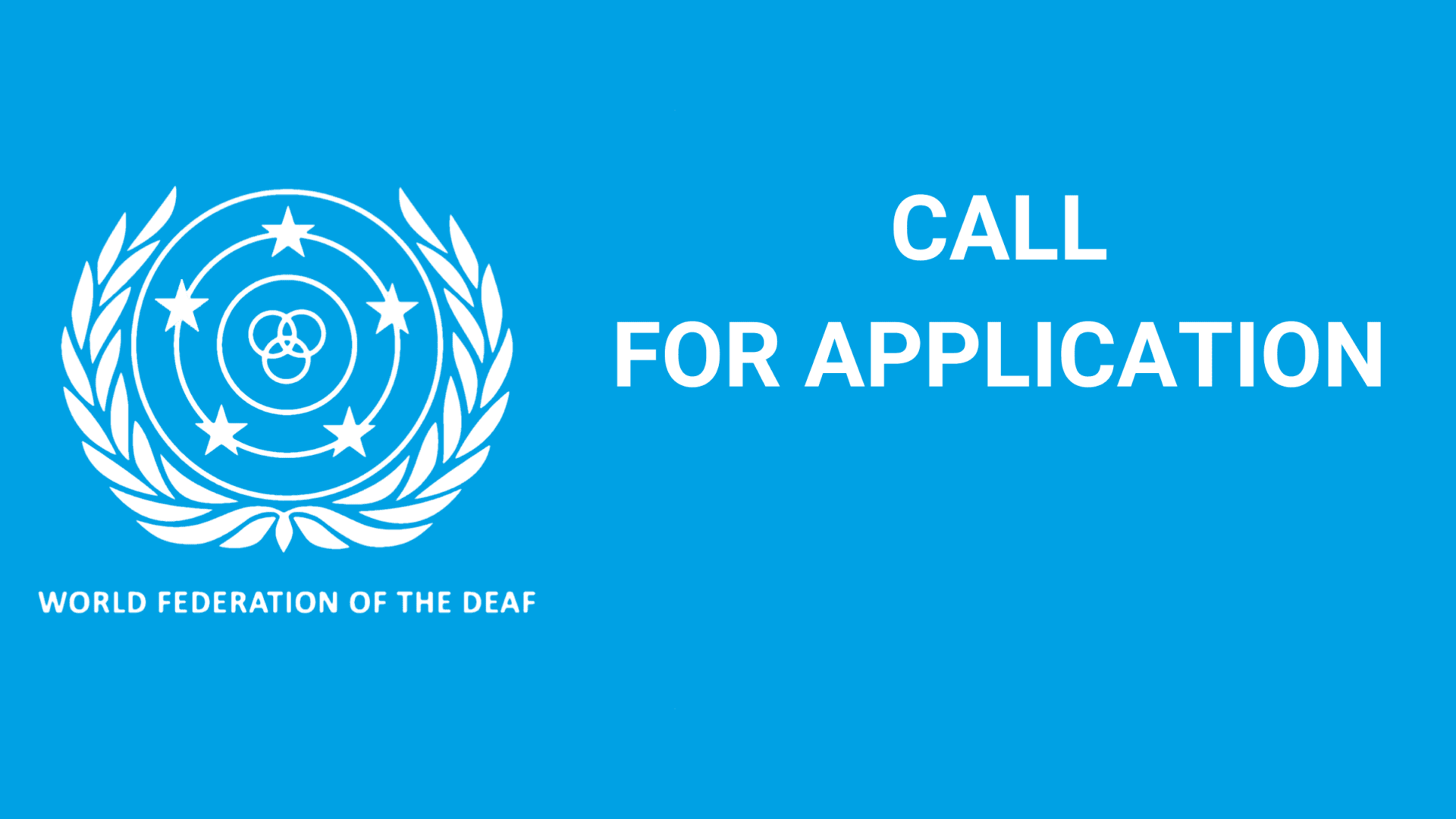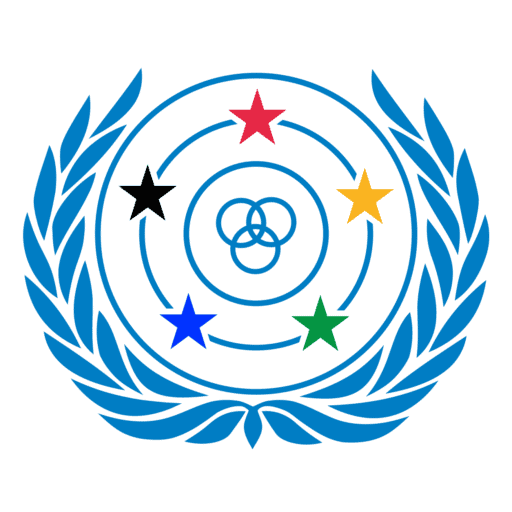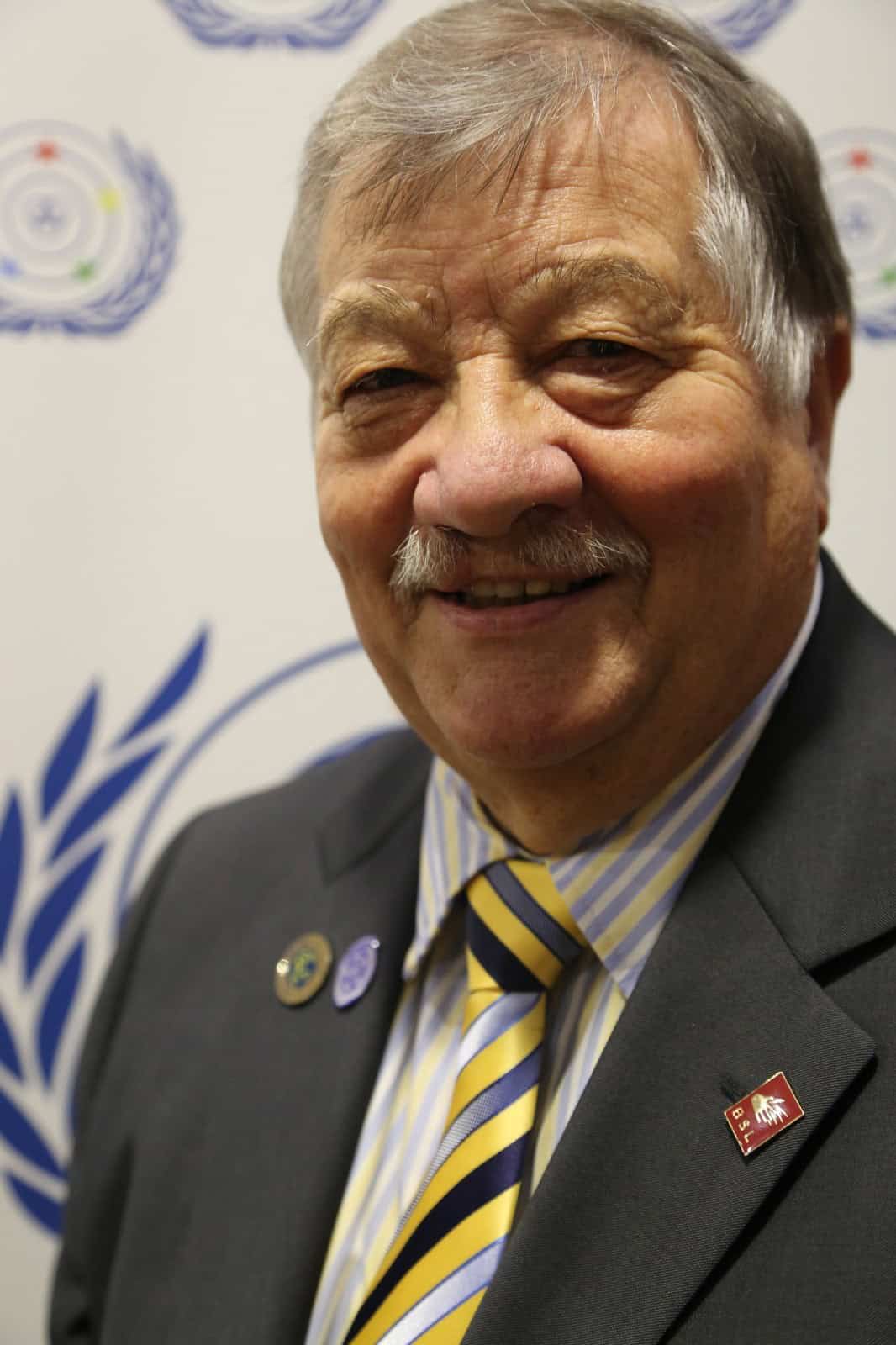Prepping new International Sign interpreters for the field: Training took place in Macau
Asia is seeing a rise in international events taking place with both deaf and hearing participants. In order to ensure that deaf people have equal access to these events, it is important to have a pool of qualified International Sign (IS) interpreters in the region that does not currently have WFD-WFD accredited IS interpreters. To support this need of developing skills of IS interpreters, the World Federation of the Deaf Regional Secretariat for Asia (WFDRSA) joined with the World Association of Sign Language Interpreters in Asia (WASLI-Asia) to provide a 3-day training for interpreters looking to improve their IS skills in Macau.
“It is beneficial to learn IS for the global Deaf Communities, especially Asian Deaf Communities. Knowing IS helps interpreters understand the various sign languages to better serve the Deaf Community.”
-James Ong, Participant from Singapore
Through this training, WFDRSA and WASLI-Asia hope to compile a list of IS interpreters in Asia, as well as provide interpreters in Asia with a network of other interpreters that they may work with in the future. Both deaf and hearing interpreters were invited, as the process of IS interpreting always requires teamwork.
“The most important thing I learned was that teamwork and a positive attitude is vital to ensure that the audience received the information correctly.”
-Jessica Mak, participant from Singapore
WFDRSA and WASLI-Asia provided a public talk, which discussed sign language interpreting, and specifically how deaf and hearing interpreters work together as a team to convey both the culture and the message to the audience. Presenters included both WFD-WASLI accredited interpreters Nigel Howard and Susan Emerson along with Megumi Kawakami from Japan. Over 100 participants joined from different cities in China and Hong Kong, mingling and sharing their experiences with each other.
“The professional advice given during the training helped me to gain a better understanding of the Deaf Community’s needs and the process of interpretation.” James Ong added.
The training hosted 29 individuals from 10 countries/regions, with 15 deaf and 14 hearing participants. The trainers emphasised trust, a good attitude, and responsibility for all IS interpreters. Over the 3-day course, the interpreters grew both their IS skills and their professional networks. The trainers also discussed how IS interpreting is different for each region.
“My perception of IS changed after the training. I learned that interpreters in Asia do not have to follow the IS used in America and Europe. IS evolves over time and is based on the region it is in.” shared Jessica Mak.
WFDRSA encourages the Ordinary Members of Asia to take turns hosting this type of training to continue the sustainable development of talented and skilled IS interpreters.
“This training is special because interpreters in Asia usually don’t have a chance to provide interpreting services at deaf international/regional events in Asia, and most countries don’t have professional training like in America and Europe. I believe that this training is helpful for IS interpreters to prepare themselves for international/regional interpreting and helps break barriers to communication for the benefit of the Deaf Community.” said Jessica Mak.
For more information on WASLI Interpreters and Training, please click here.
To support the WFD’s work in providing training for interpreters worldwide, please click here to donate.



